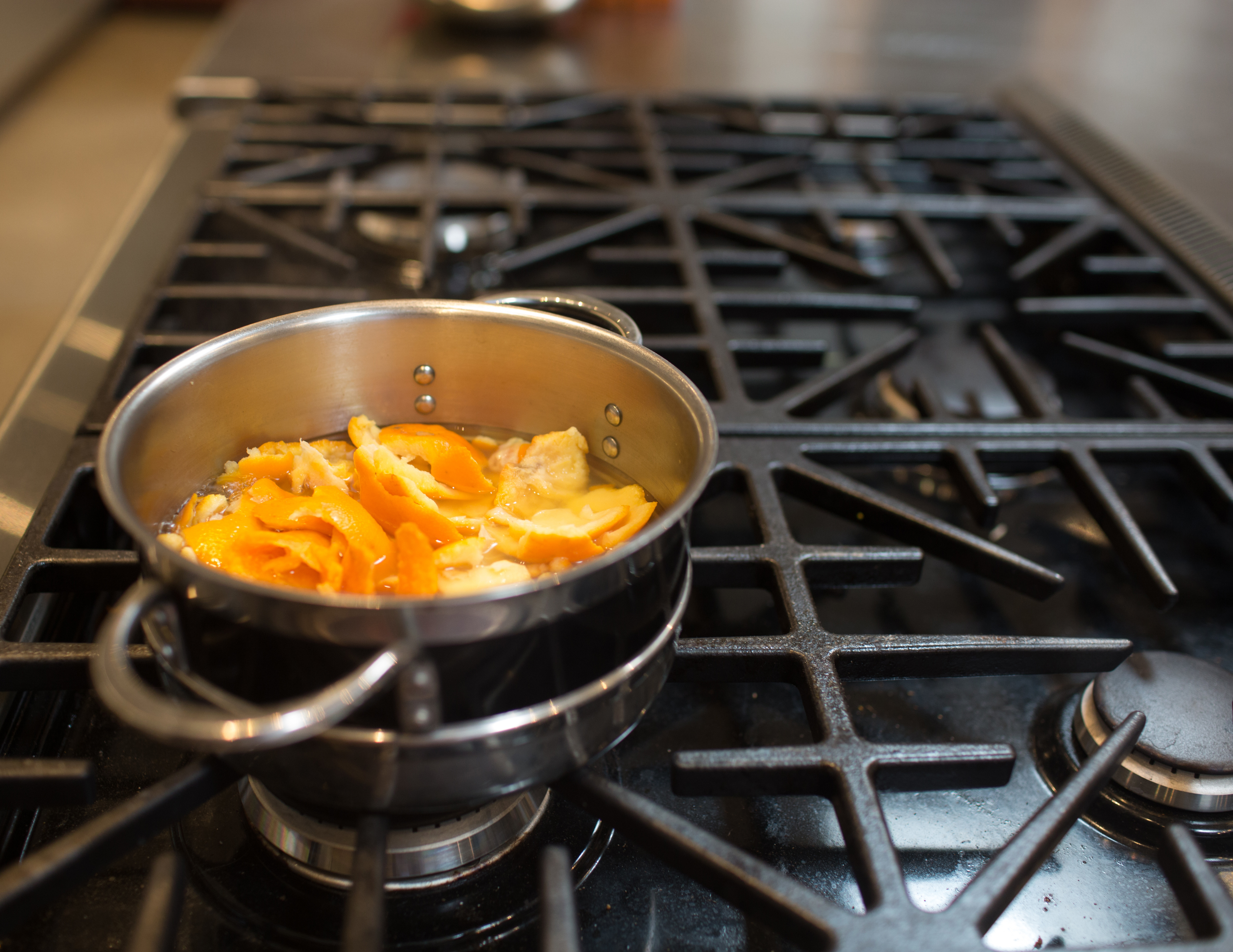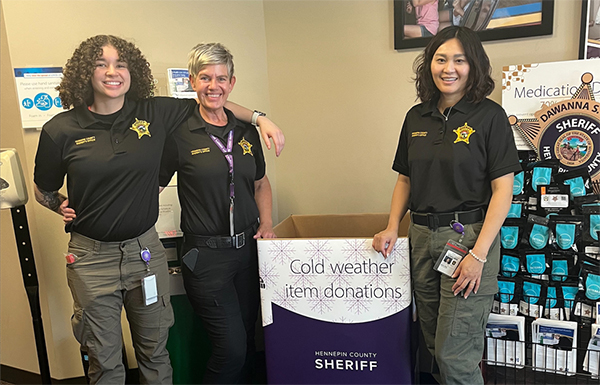If you’ve heard the latest stats, you know that 40 percent of all food is wasted in the United States. And nearly half of that waste comes from households. Clearly, there is room for improvement in our nation’s sustainable eating and waste-reduction habits
Some of the ways people waste food in their homes is by cooking too much and forgetting about or not eating up their leftovers. Here are six ways to reduce food waste by tackling your leftovers.
Don’t throw out leftover
Whether you’re eating at home or out at a restaurant, don’t let leftover edible food go to waste in the trash or compost bin. No amount is too little to save when your hard-earned money and resources are on the line.
At restaurants, get a to-go box, or better yet, bring your own container. Just don’t forget it on the table when you leave. After a home-cooked meal, pack up the leftovers and get them into the fridge after everyone has filled up. Label the leftovers and store them in a place in the fridge where you won’t forget about them. Reusing your leftovers is a great step towards sustainable eating.
Make them tomorrow’s lunch
Saving leftovers reduces food waste and is a quick way to pack a low-effort lunch. Just pop them into the right-sized container, and you’re ready to go! If there is not enough food for a full meal, pack an extra snack or a side.
Reinvent them
Get creative in the kitchen to prevent food waste. Leftover vegetables are easily combined or baked into new dishes. Reinvent grains and meats into fried rice, hash, scrambles, and soups. The web is filled with ideas on “what to do with leftover…”
Freeze them
If you like the food that’s left over but don’t want to eat more of it now or even this week, limit your food waste by freezing it in portion sizes or family dinner sizes to consume later. You’ll thank yourself when you have a busy schedule and no time to make a meal. Just be sure to label your container so you don’t have a frozen mystery jar that requires an act of bravery to defrost.
Swap them
Some industrious folks have reduced food waste by turning leftovers into a useful crowdsourcing hobby with group food swaps or dinner swaps. These groups or events consist of a few people making extra food and then swapping it to get more variety for their effort.
Prevent them
If you hate leftovers, try to avoid them in the first place by matching the amount of food you cook or buy with the amount of food you eat. Use a portion calculator when you cook, especially if you’re trying something new. If you are out at a restaurant and eating something that doesn’t store well, split it with a partner or friend. You might even get bold and request a half-serving or smaller portion!
Making sure we eat all of the food we prepare is an important way to reduce waste, conserve resources, and save money. Start showing your leftovers some love today.

